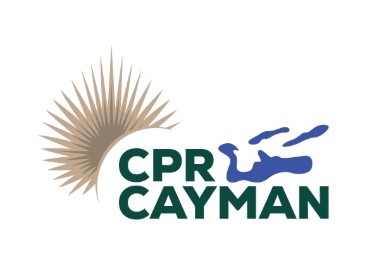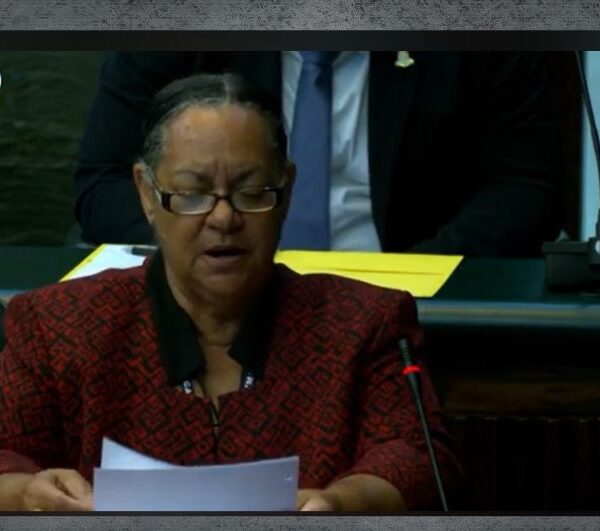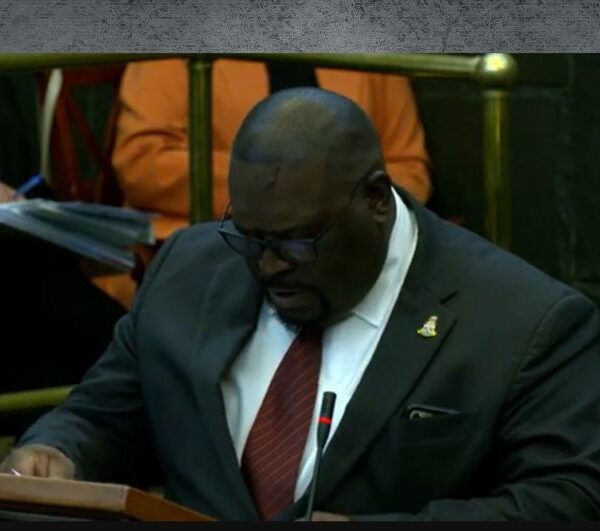
|
Getting your Trinity Audio player ready...
|
Observing recommendations made during recent Parliamentary debates, it is true that import duty waivers on gasoline and diesel can help reduce the cost of living if the waivers are passed onto consumers. However, because of the way the National Roads Authority Act (“NRA Act”) is written, taking this action may also mean less money available for road repairs.
Here’s how it works:
- Under the NRA Act, 100% of the fuel import duty charged, collected and paid under the Customs Tariff Act on gasoline and diesel used by motor vehicles (excluding fuel import duties for diesel consumed by Caribbean Utilities Company) and 100% of the fees collected and paid under the Traffic Regulations on motor vehicle drivers’ licences, and, upon being collected by the Government ends up in the Road Fund established within core government.
- The NRA Act adds that the Cabinet shall authorise the transfer of revenue not exceeding 14 million dollars to the National Roads Authority (NRA) via the Road Fund. This money is used to fund the NRA’s annual operating costs, in particular, the construction, upgrading, rehabilitation, and maintenance of public roads.
Based on the above, if fuel import duty on gasoline and diesel is waived, then this may mean less funds available to be transferred from the Road Fund to the NRA for its operations if the Government does not find another creative way to provide supplementary funding for the NRA.
Once residents fully understand this relationship under the NRA Act, they can have more informed debates about fuel duty waivers. For example, there is a benefit to consumers’ pockets in terms of a reduction in the cost of living, but the consumer must also be willing to put up with delays in road works if less funding is available for that purpose.







